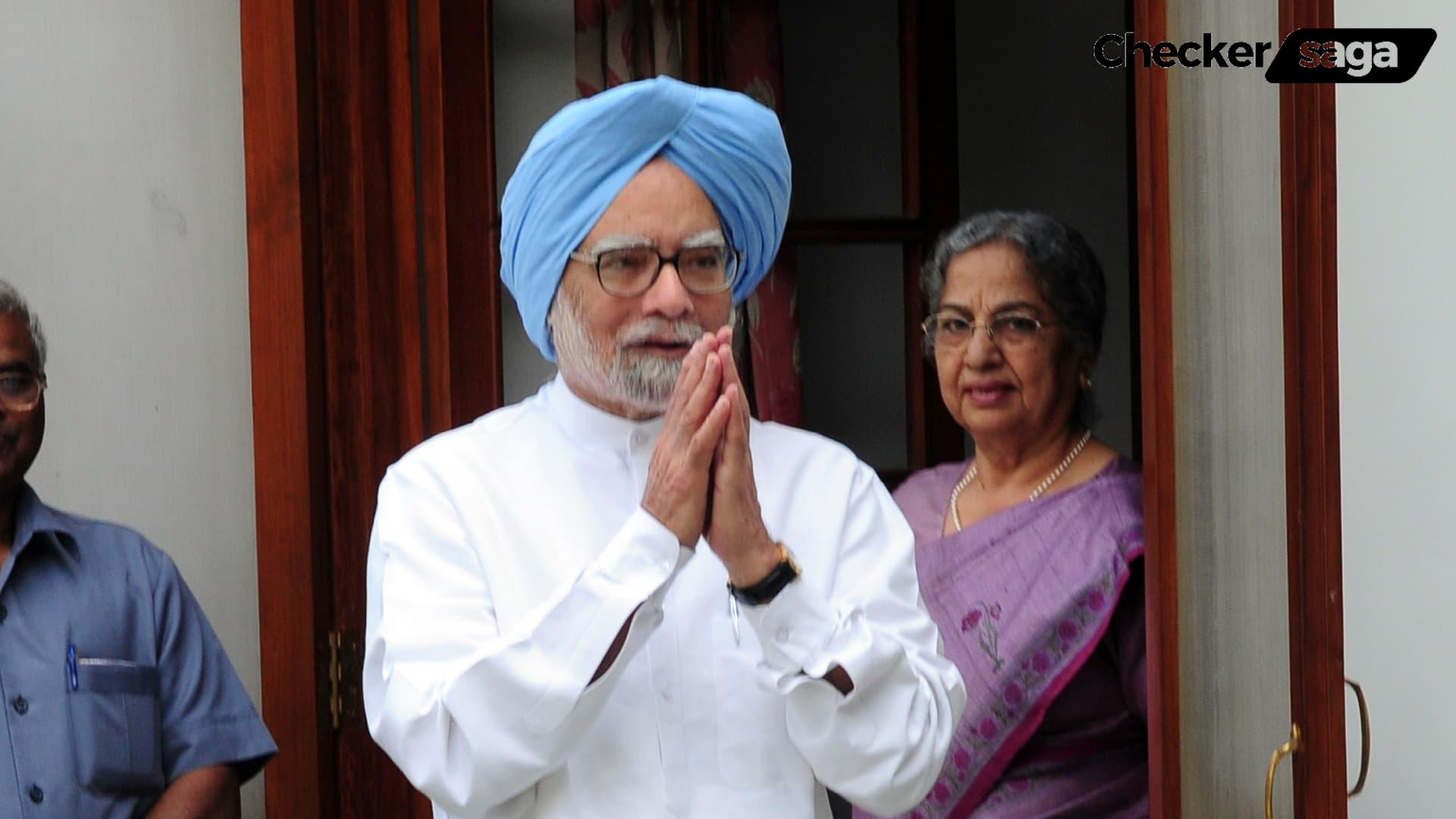The passing of former Indian Prime Minister Manmohan Singh at the age of 92 has sparked an outpouring of tributes from all corners of the nation. Known as a quiet leader who held tremendous influence, Singh’s legacy is particularly marked by his significant role in transforming India’s economy and shaping the country’s policies through decades of service. His efforts, especially during the 1990s, continue to be felt in India today.
A Leader Who Became Prime Minister
Manmohan Singh’s journey to the Prime Minister’s office began on May 22, 2004, after the Congress-led United Progressive Alliance (UPA) won the elections in a surprising turn of events. This victory was particularly notable as Sonia Gandhi, who led the party, surprisingly chose not to take up the Prime Minister’s position, a decision heavily influenced by family advice amid political controversies. Thus, Singh, noted for his expertise as an economist but lacking a significant political following, became India’s 14th Prime Minister.
Transforming India’s Economy
Before becoming Prime Minister, Singh served as the Finance Minister, where he played a pivotal role in liberalizing India’s economy in the 1990s, introducing key policies including currency devaluation and tariff reductions, which made way for increased foreign investment. His efforts led to rapid economic growth during his administration, setting the stage for a new era of economic expansion for India. Singh’s time in office witnessed the introduction of public welfare initiatives that aimed to uplift many living in poverty.
Social Reforms That Made a Difference
- “Right to Information Act”: This act empowered citizens, allowing them to seek information from government bodies, greatly enhancing transparency.
- “Mahatma Gandhi National Rural Employment Guarantee Act (MGNREGA)”: This law guaranteed 100 days of wage employment in a year for rural households, directly benefiting the rural poor.
- “Right to Education Act”: Ensuring children aged 6 to 14 receive free and compulsory education, this act led to a significant decrease in dropout rates.
International Relations and Strategic Deals
During his tenure, Singh established stronger ties with other countries, particularly the United States. One of the landmark agreements he signed was the nuclear deal with the U.S. in 2008, which marked a significant step in ending India’s diplomatic isolation in the nuclear arena. Singh’s tenure was characterized by the balancing act of maintaining strong international relations while addressing domestic challenges.
Reflections from Political Leaders
Following his passing, numerous political leaders and industry titans came forward to praise Singh’s contributions. Prime Minister Narendra Modi termed Singh as a distinguished leader and respected economist, underlining the high regard Singh held across political divides. Gautam Adani, a prominent business figure, along with many others, expressed their condolences, acknowledging the profound impact Singh had on India’s development and international standing.
Holistic Contributions and Apologies
One of the notable moments of Singh’s leadership was his apology for the 1984 anti-Sikh riots. This gesture is remembered as a significant step toward national reconciliation. Throughout his service, Singh consistently emphasized inclusive growth and worked on various fronts to ensure sustainable development for all citizens.
A Legacy of Change
As we remember Manmohan Singh, it’s clear that his impact stretched beyond mere economics. His calm demeanor, rich intellect, and steady leadership during challenging times have left a lasting imprint on Indian society. Today, many reflect on the significant changes he ushered in and the pathways he created for future generations, ensuring his legacy endures in the hearts of many.
A Final Farewell
Manmohan Singh’s life journey, marked by humbleness and formidable accomplishments, resonates strongly during this time of remembrance. His passing serves not only as a moment of sadness for the nation but also as an important reminder of the values of integrity and service that he epitomized throughout his life.
























